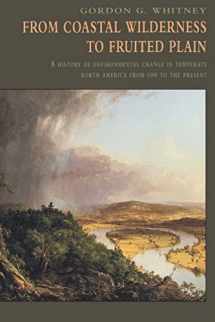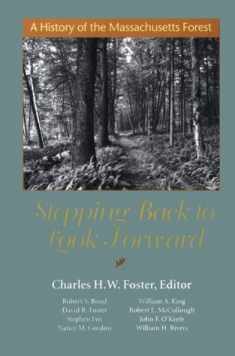
From Coastal Wilderness to Fruited Plain: A History of Environmental Change in Temperate North America from 1500 to the Present (History of Enviromental Change in Temperate North America fr)
Book details
Summary
Description
From Coastal Wilderness to Fruited Plain is an account of the making of the American landscape following European settlement. It starts with "virgin" forests and grasslands of the central and northeastern United States, and successively documents the clearance and fragmentation of the region's woodlands, the harvest of the forest and its game, the plowing of prairies and the draining of wetlands. The Native American, the trapper, the farmer and the lumberman all benefited from the land and its resources; the degree to which their activities altered the soil, the climate, the natural plant and animal communities, and the water cycle is examined here.


We would LOVE it if you could help us and other readers by reviewing the book
Book review




